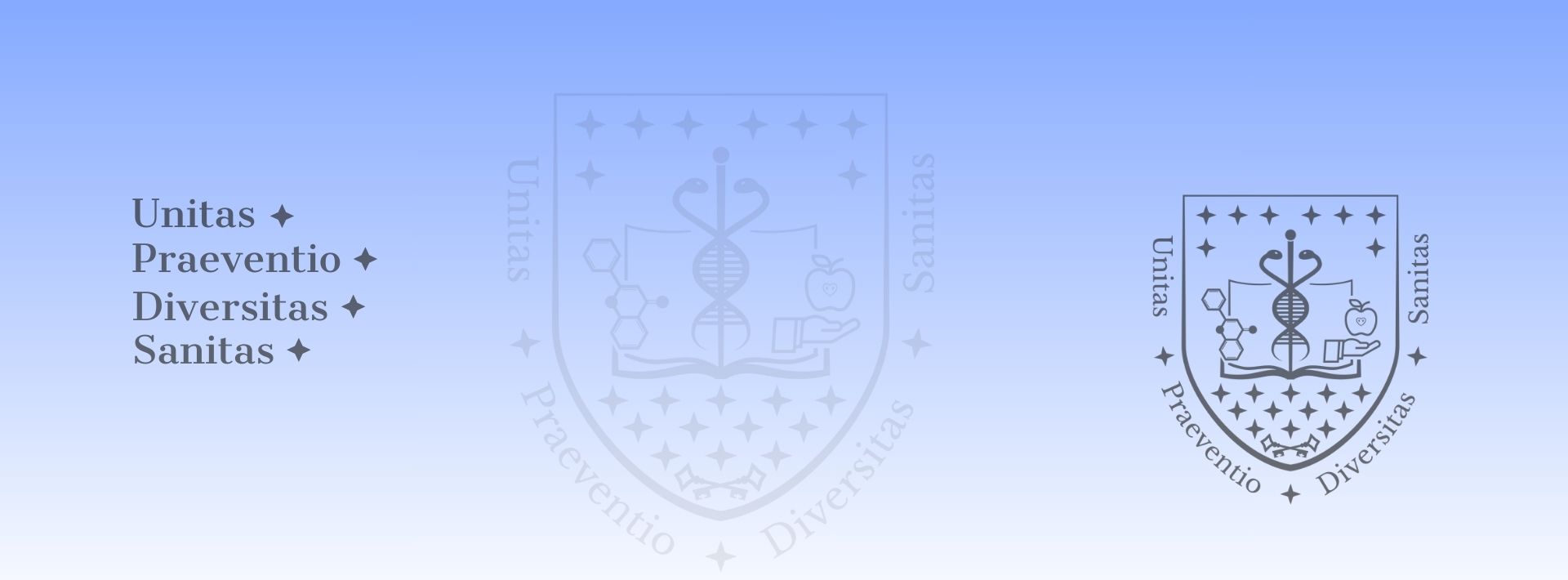Adatok
A Tantárgybejelentőben megadott hivatalos adatok az alábbi tanévre: 2024-2025
Tantárgyfelelős
-
Varjas Tímea
assistant professor,
Department of Public Health Medicine
Óraszámok/félév
előadás: 24 óra
gyakorlat: 0 óra
szeminárium: 0 óra
összesen: 24 óra
Tárgyadatok
- Kód: OAF-PEG-T
- 2 kredit
- General Medicine
- Optional modul
- both
Nincs
Kurzus létszámkorlát
min. 5 fő – max. 35 fő
Campus kurzusként elérhető . Campus-karok: ÁOK GYTK TTK
Tematika
Throughout the course, we intend to give enlightenment regarding the practical side of detecting genetic differences between human populations therefore students may familiarize themselves with the conceptual background and medical aspects of the population genetics. The course also intends to show the relation between different disease spectrums and populations by international studies focusing on the detection of rare diseases, origin related researches, migration patterns and forensic medicine.
Előadások
- 1. Introduction of Population Genetics - Bérczi Bálint Dániel
- 2. Historical background, basic principles - The Neo-Darwinian synthesis of evolution - Bérczi Bálint Dániel
- 3. Factors determining phenotype - Bérczi Bálint Dániel
- 4. Genotype, inherited epigenetic factors, non-inherited environmental factors - Bérczi Bálint Dániel
- 5. Genotype and allele frequencies - Bérczi Bálint Dániel
- 6. The Hardy-Weinberg principle with medical examples - Bérczi Bálint Dániel
- 7. The Four evolutionary Forces - Bérczi Bálint Dániel
- 8. Mutation - the Author of variation - Bérczi Bálint Dániel
- 9. Polymorphism - Single nucleotide polymorphisms (SNPs) and diseases - Bérczi Bálint Dániel
- 10. Allelic, dominant, recessive and codominant genetic models to associate SNPs with disease risk - Bérczi Bálint Dániel
- 11. Human Genome Project, The International HapMap Project, The 1000Genomes Project - Bérczi Bálint Dániel
- 12. Ethical issues of genotyping - Bérczi Bálint Dániel
- 13. Natural selection - the Editor - Bérczi Bálint Dániel
- 14. Genetic drift - the Randomizer - Bérczi Bálint Dániel
- 15. Gene flow - the Homogenizer - Bérczi Bálint Dániel
- 16. The genetic distance between ethnic groups and the mitochondrial Eve - Bérczi Bálint Dániel
- 17. Human origin related researches - The application of chromosome Y - Bérczi Bálint Dániel
- 18. Archeogenetics, microorganism related investigations in fossil bones and mummies - Bérczi Bálint Dániel
- 19. Application of population genetics in Forensic Medicine - Bérczi Bálint Dániel
- 20. Next generation sequencing technologies in Forensic Medicine - Bérczi Bálint Dániel
- 21. Various disease spectrums in various ethnic groups - Bérczi Bálint Dániel
- 22. The example of ethnic specific pattern of genetic variants in ESR1 and the risk of breast cancer - Bérczi Bálint Dániel
- 23. Research methodologies in population genetics - Bérczi Bálint Dániel
- 24. Methodology and possible workflows in studies, from planning to bioinformatics - Bérczi Bálint Dániel
Gyakorlatok
Szemináriumok
A tananyag elsajátításához szükséges segédanyagok
Kötelező irodalom
Saját oktatási anyag
Lectures will be uploaded on Neptun.
Jegyzet
Ajánlott irodalom
Genetics and Genomics. András Falus, Valéria László, Ferenc Oberfrank, Erna Pap, Dr. Csaba Szalai, Sára Tóth, Budapest University of Technology and Economics. https://edisciplinas.usp.br/pluginfile.php/5484931/mod_resource/content/1/REFERENCIA.1.pdf
Population Genetics, 2nd Edition by Matthew B. Hamilton
A félév elfogadásának feltételei
exam
Félévközi ellenőrzések
Written exam (simple choice) has to be done on the last lecture.
Távolmaradás pótlásának lehetőségei
There are no make-up classes.
Vizsgakérdések
Neptun
